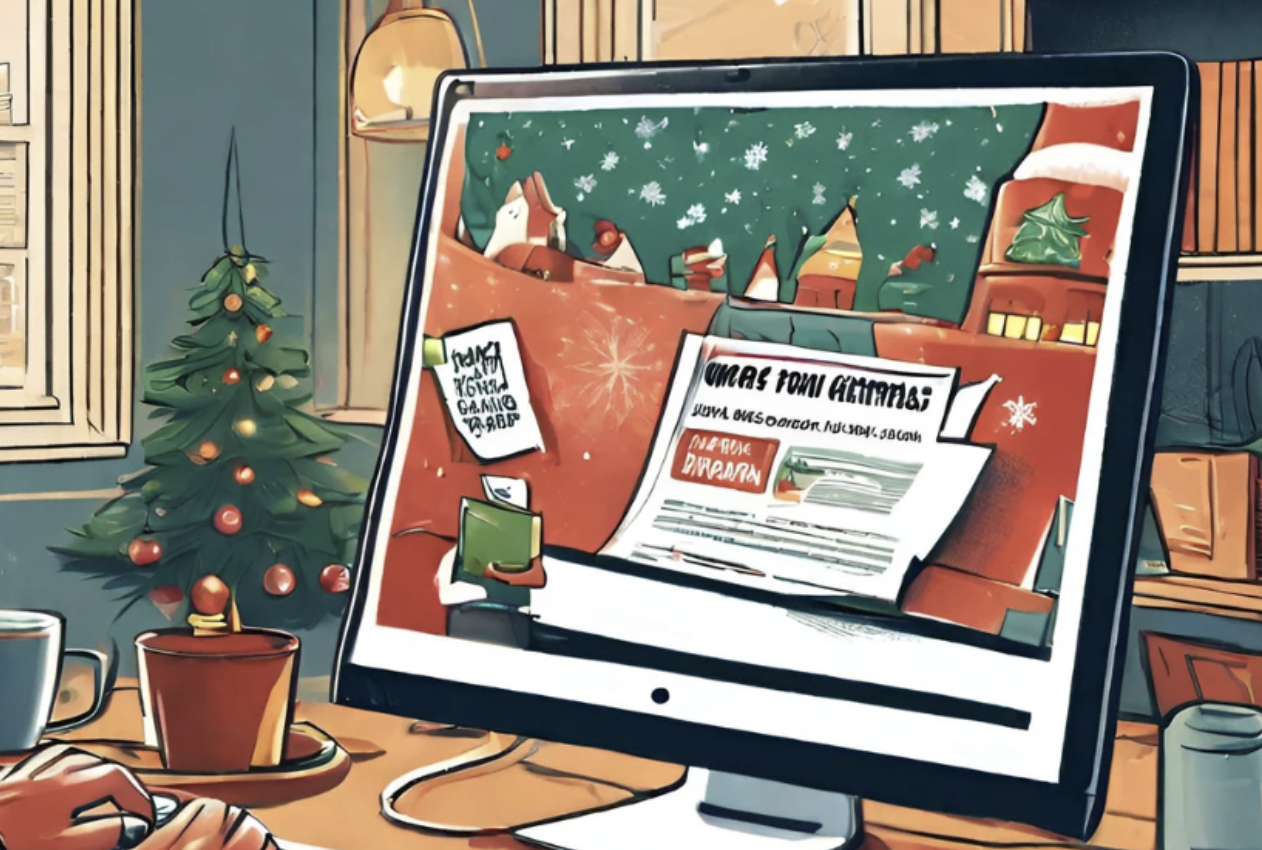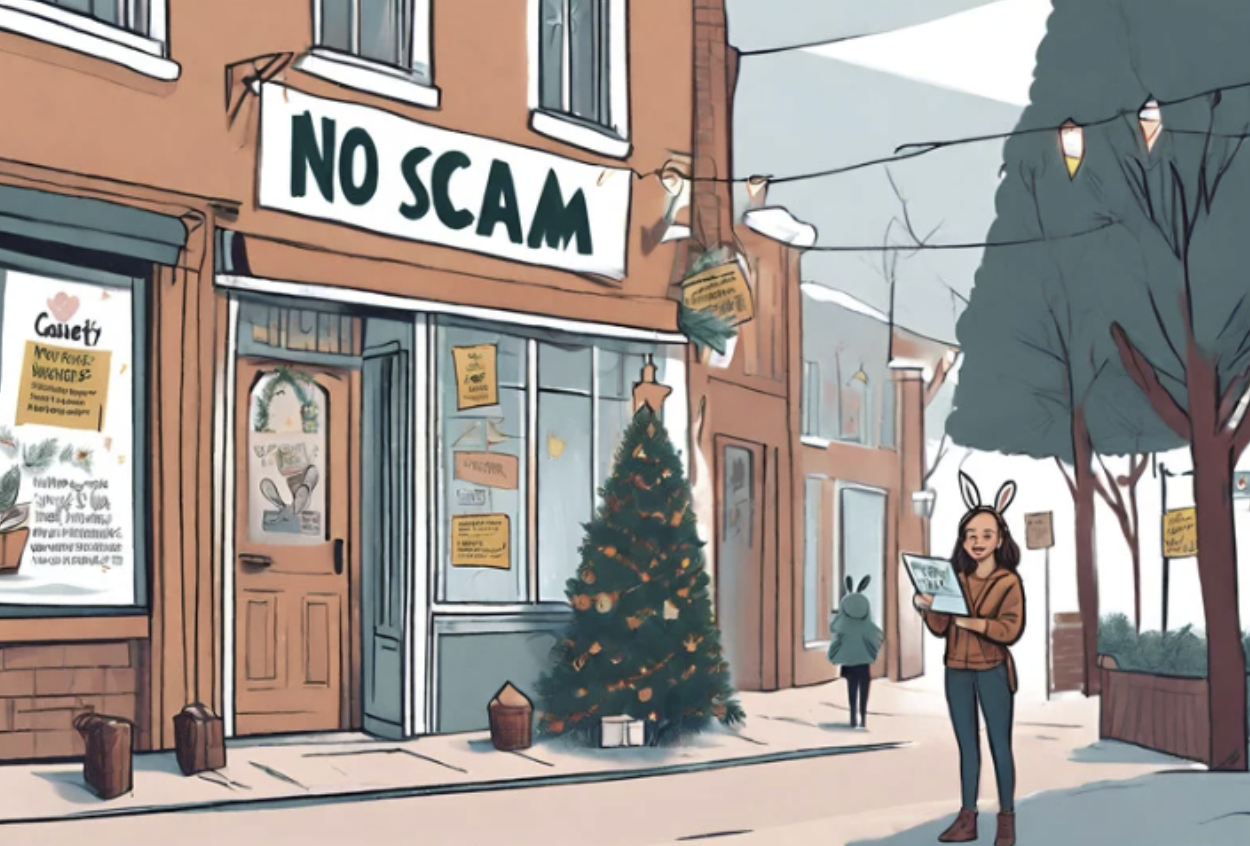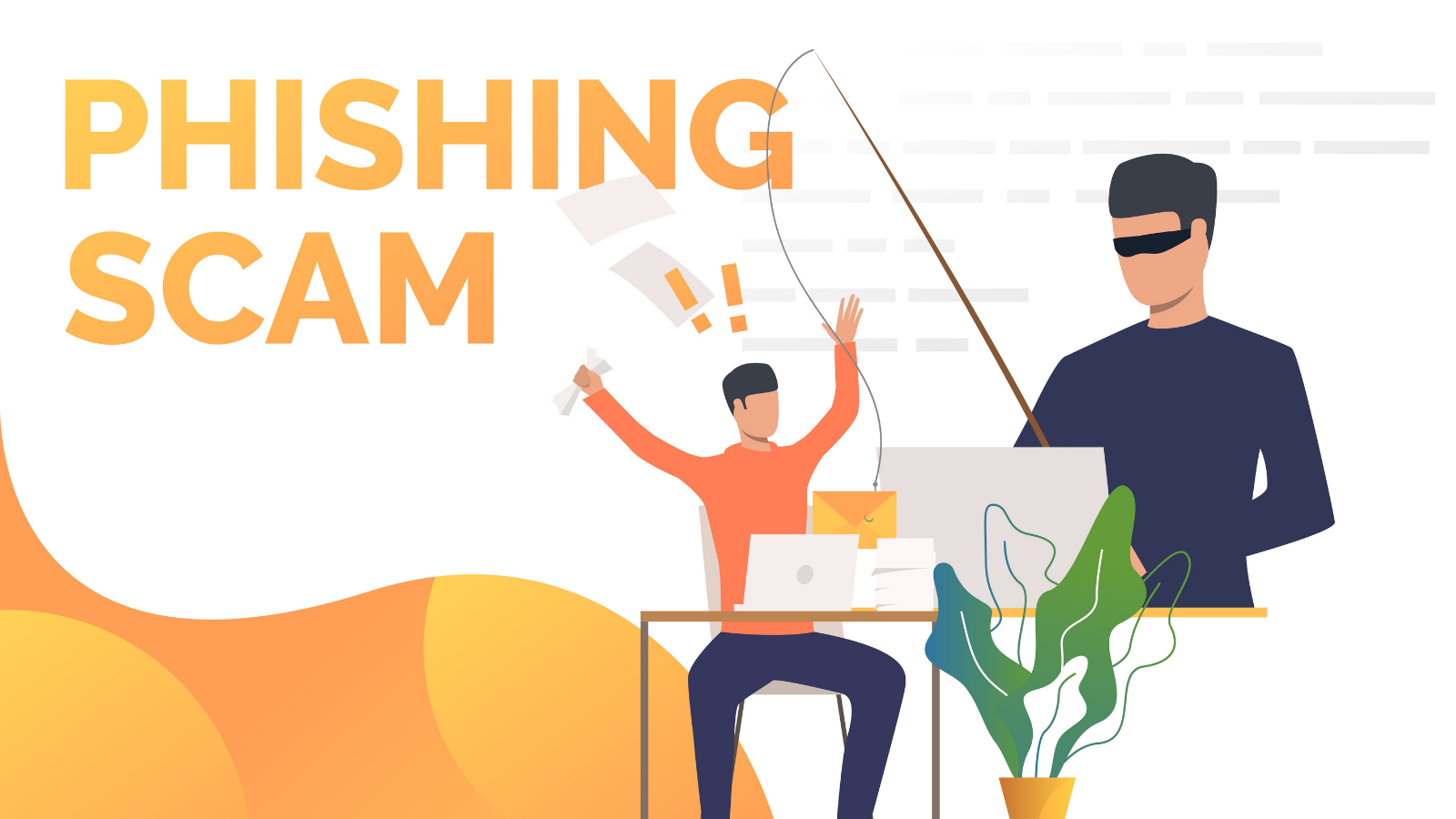In the bustling city of Brightville, where the Christmas spirit was in full swing, lived a young woman named Sarah. Sarah was a dedicated professional who had recently lost her job due to unforeseen circumstances. Desperate to find a new source of income, she turned to the internet in search of work-from-home opportunities.

One snowy evening, as Sarah scrolled through various job listings, an ad caught her attention. It promised the perfect solution: "Work from Home and Make a Fortune for Christmas!" Intrigued by the prospect of financial stability during the holiday season, she clicked on the ad and was directed to a captivating website called "Christmas Dreams Inc."
The website boasted testimonials from seemingly satisfied employees, sharing stories of their newfound wealth and happiness. Sarah's hope rekindled as she envisioned herself earning enough to provide her loved ones with a magical Christmas.

Eager to embark on this seemingly incredible opportunity, Sarah filled out an application form, detailing her skills and aspirations. To her surprise, she received an immediate response inviting her to a virtual interview.
On the appointed day, Sarah joined the video call, her excitement palpable. The interviewer, a persuasive individual named Mark, spoke with charm and charisma. He painted a picture of an idyllic work-from-home scenario, promising high earnings and flexible hours.
Sarah was given the job at "Christmas Dreams Inc" on the spot, and caught up in the allure of the offer, Sarah agreed to join the company. Little did she know that she was about to fall into the clutches of a well-orchestrated work-from-home scam.

As Sarah began her work, she quickly realised that something was amiss. The promised training materials were vague and incomplete, leaving her feeling unprepared and uncertain.
Moreover, the tasks assigned to her were vague and unrelated to the advertised role; Sarah was asked to purchase new supplies for "Christmas Dreams Inc." out of her own pocket and send them to the company's HQ. "Christmas Dreams Inc" said they would reimburse her for the equipment purchased, however the check she received from them bounced.
Upon querying this with "Christmas Dreams Inc." the company's communication became sporadic, with delayed responses of promises to resolve the situation. Sarah's doubts intensified, prompting her to conduct thorough research on "Christmas Dreams Inc." To her horror, Sarah discovered a trail of complaints from people who had fallen prey to the very same scam.
Reports described how innocent individuals were tricked into providing personal information and paying upfront fees for new working-from-home office supplies. Holding some similarities to Sarah’s situation, employees had been asked to cash checks from the company to buy their new equipment and had then been asked to transfer the leftover money back to "Christmas Dreams Inc.". Low and behold the original checks from the company had bounced and the scammers vanished once the employee had transferred the money. This left heir victims devastated and financially ruined by both the money transferred to the company and the cost of the equipment purchased.
Sarah's heart sank as she realised the extent of the deception she had unknowingly become a part of. Determined to expose the truth and protect others, she contacted local law enforcement agencies, providing them with all the evidence she had gathered.

News of the work-from-home scam spread, capturing the attention of the media and igniting a wave of awareness within the community. Sarah's bravery and dedication inspired others to come forward and share their own experiences, collectively unmasking a web of fraudulent organisations preying on the vulnerable.
With the authorities now actively investigating the scam, Sarah refused to let "Christmas Dreams Inc.” dampen her holiday spirit. She focused on rebuilding her life and became an advocate for online safety, educating people about the warning signs of work-from-home scams and promoting legitimate sources of remote employment; choosing to spread joy and kindness during the festive season.

As Christmas approached, Brightville experienced a resurgence of hope and unity. The community rallied together, offering support and encouragement to those affected by the scam. Local businesses, recognising the need to protect their employees and customers, launched awareness campaigns and provided resources for safe online practices.
In the end, Sarah's resilience and determination helped expose the work-from-home scam, bringing justice to those who had fallen victim to its deceitful charms. Brightville emerged stronger and wiser, its people equipped with the knowledge to distinguish between genuine opportunities and fraudulent schemes.

And as the day of Christmas Eve, the spirit of compassion and vigilance prevailed, reminding everyone that the greatest gift one could give was the protection of their loved ones and their community from the perils of online scams.
The Key Takeaways
While dreams of easy remote income shimmer bright as Christmas lights, darker dangers lurk behind flashy web pages promising effortless fortunes. But have hope, like our heroine Sarah! Arm yourself and others against deceit with these tips so no scam grinch steals holiday cheer or honest livelihoods.
This holiday season, remain vigilant against increasingly sophisticated work-from-home scams trying to steal Christmas joy. Protect yourself and others by learning how to identify and counter online deception.
To read more about phishing scams and best practices to safeguard your finances, personal data and digital presence when working remotely, press the button below for the comprehensive phishing protection guide.

